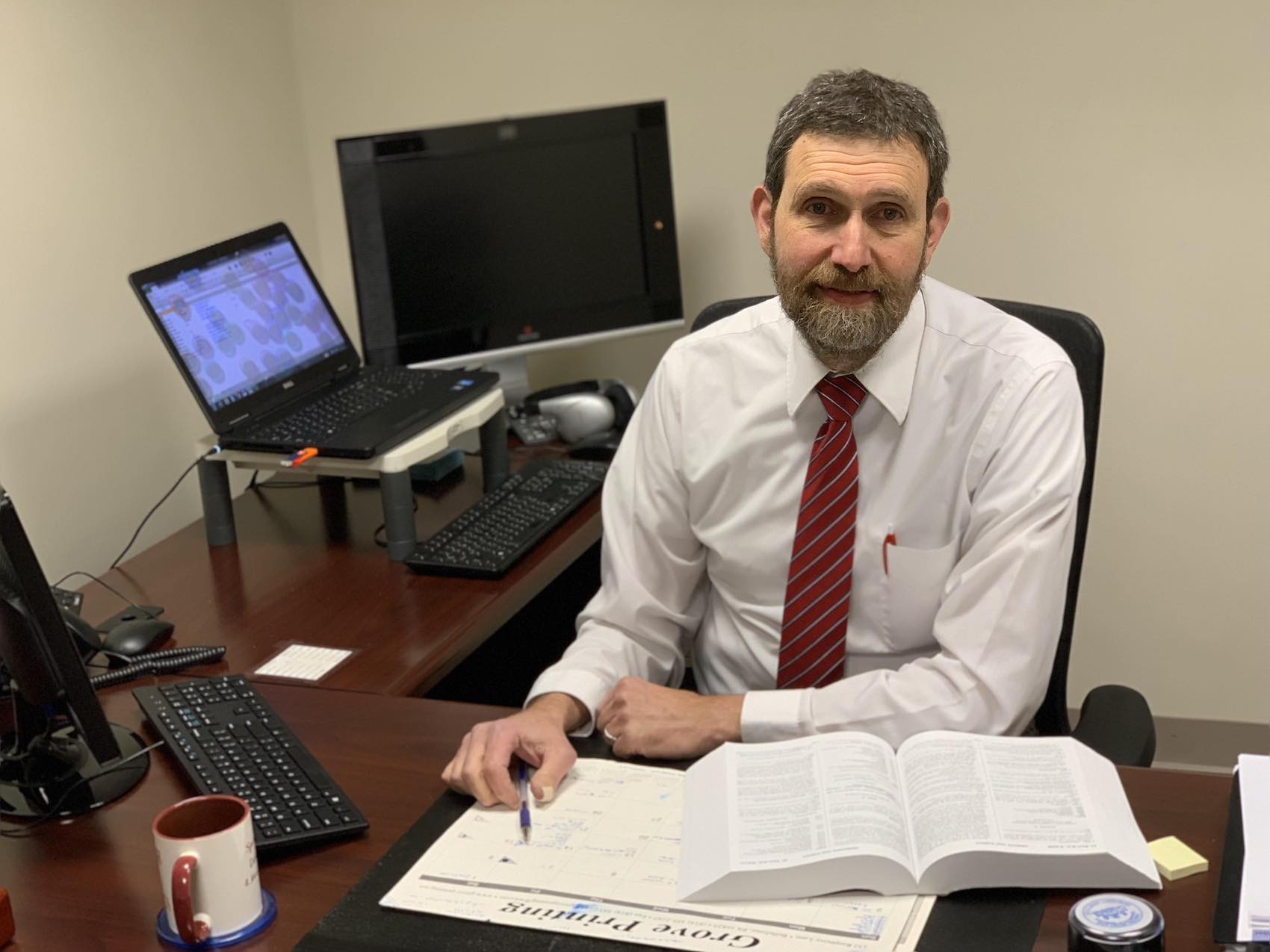
Judicial Philosophy
Three basic principles shape my judging:
- Uphold the law
- Protect our community
- Educate
My guiding light on the bench is to uphold the rule of law. It's what I promised when I took the oath of office.
We have the rule of law to keep our society safe. Criminal laws stop people from hurting others. The courts also provide a forum for people to resolve civil disputes. When deciding a criminal punishment I ask, “what do I need to do to stop the defendant and others from committing the same crime?” Usually criminal punishments deter the defendants from committing the same misconduct in the future, and by example, prevent others from doing so as well. If you look at the recidivism rates in our country, you’ll know that punishment only gets you so far.
The other side of the equation is education. Each court appearance is an opportunity to educate people into avoiding future criminal conduct or treating their neighbors with kindness. With that in mind, I offer many first time offenders an opportunity to receive an alternative disposition. If they perform community service and undergo counseling, their charge will be dismissed. Everyone makes mistakes, and I hate to see a young person get a criminal record that will follow them through life, if instead they can learn a lesson without harsh punishment. I generally do not make the alternative disposition available to repeat offenders.
Here are some other considerations that guide how I conduct my court.
It is my firm policy to treat everyone with respect. I want everyone who comes into my courtroom to leave feeling they have been heard and treated fairly. If they have a trial, I make sure they have had an opportunity to fully present their case and I explain the reasoning behind my decisions. My staff and I recognize that most people who come to court do not want to be there. Nobody likes paying fines or having to litigate. When people express their unhappiness, we try to be patient. Fairness sometimes means bending over backwards for those with limited education or English language skills.
My court follows the Pennsylvania Rules of Evidence and the Pennsylvania Magisterial District Court Rules. Although trials before me may be a little more relaxed than those in the Court of Common Pleas, I still follow the rules closely. They put the parties on equal footing and stop trials from becoming shouting matches.
I believe strongly in an independent judiciary. It is not my job to use fines to raise money for municipalities, counties, or the state. When I set fines, the amounts are determined by the need for deterrence, not revenue generation. While I have a collegial relationship with attorneys and police, I keep enough distance to maintain my impartiality.